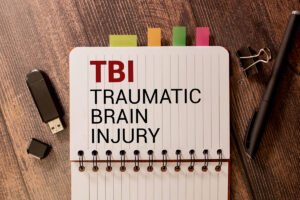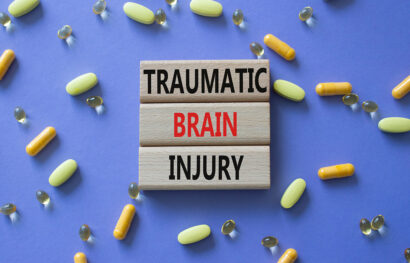How Medical Professionals Identify TBIs
 In the immediate aftermath of any type of head trauma, it can be critical to get an accurate and timely diagnosis of the severity of your injuries, as that will help doctors determine the most appropriate treatment. Though there is no single definitive test to conclusively diagnose a TBI, medical professionals have many tools available:
In the immediate aftermath of any type of head trauma, it can be critical to get an accurate and timely diagnosis of the severity of your injuries, as that will help doctors determine the most appropriate treatment. Though there is no single definitive test to conclusively diagnose a TBI, medical professionals have many tools available:
- A thorough medical exam—Whether you seek care from a hospital emergency room, urgent care facility, or your primary care provider, you can expect a comprehensive physical and cognitive assessment. The physical exam typically tests your reflexes, coordination, balance, and eye movements. The cognitive assessment evaluates memory, attention span, communication (written and verbal) and problem-solving. You can expect that your doctor will ask questions about the cause of your injury, whether or not you blacked out (and for how long), and whether you’ve experienced any of the telltale symptoms of a concussion or more serious TBI.
The Glasgow Coma Scale—Developed in Scotland more than 50 years ago, this observational tool is widely accepted for diagnosing the presence and degree of TBI. Using the tool, medical professionals observe three specific bodily responses:
- Your verbal response, an indication of potential cognitive impairment
- Your eye response, a test of your consciousness or alertness
- Your motor responses, which indicate the extent to which your brain and your body are communicating
- Intracranial pressure monitors—Swelling or inflammation in the brain is a common consequence of TBI and can cause serious health problems. Medical professionals can insert a probe into your skull to measure the pressure so that steps can be taken to relieve it, if necessary.
As a general rule, imaging tests, such as X-rays, MRIs and CT-scans, have limited effectiveness in the diagnosis of TBI. They can show damage to bones, as well as brain bleeds, but they don’t show malfunction within the brain.
At Core Medical Center, we use the BrainView NeuralScan system, a portable, non-invasive tool that helps our staff identify any indications of cognitive dysfunction. The BrainView system allows medical professionals to measure and assess body markers tied to memory loss and cognitive impairment due to injury, stress, dementia, pain, or sleep disorders.
Contact Core Medical Center Today
At Core Medical Center, with offices in Blue Springs, Missouri, we have extensive experience helping people who have suffered any type of concussion or other TBI. We have the tools and resources to accurately assess your condition and either prescribe a regimen of treatment or refer you to a specialist, if necessary. Contact us online or call our offices at (819)229-1941 to schedule an appointment.




